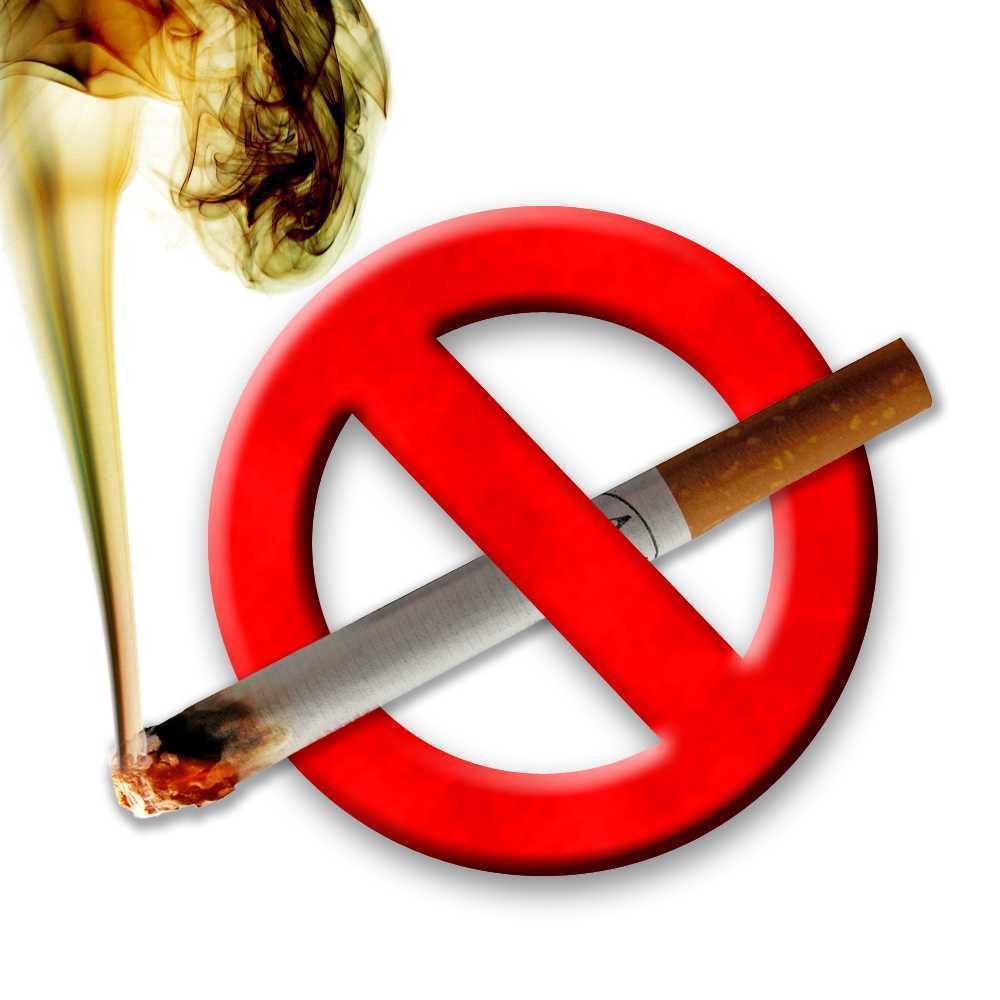 If you’re suffering from secondhand smoke drifting from a neighboring apartment, you’re not the only one. After all, it doesn’t matter whether only one tenant is smoking in the whole building; the smoke coming from a single smoker’s unit will easily find its way into other units and cause health problems.
If you’re suffering from secondhand smoke drifting from a neighboring apartment, you’re not the only one. After all, it doesn’t matter whether only one tenant is smoking in the whole building; the smoke coming from a single smoker’s unit will easily find its way into other units and cause health problems.
With the Colorado Clean Indoor Air Act, however, Denver landlords are now more responsive to most tenants wanting to live in homes free from tobacco smoke exposure. After all, a smoke-free building is in the best interest of both tenants and landlords.
In accordance with the act, most rental housing facilities have adopted smoke-free policies to protect tenant health and lessen overall expenses. Adopting these policies allows landlords to reduce maintenance and turnover costs, along with fire hazards.
Although most tenants are now living smoke free, others are still suffering from secondhand smoke.
Review Current Lease
Review your current lease with your real estate attorney, or just by yourself. Although these may not address smoking specifically, Colorado-based real estate law firm Miller & Steiert, P.C. noted that there may be terms and conditions about noise or other behaviors in the document that can impact your way of living.
You can use those terms and conditions to prevent your neighbors from smoking in a way that allows tobacco smoke to drift into your unit.
Read Relevant Documents
Relevant documents like Colorado Guide: Establishing No-Smoking Policies in Multiunit Housing will help you learn about what you can do to address secondhand smoke. Share these documents with your landlord, and then communicate with them other practical information that shows why it is in everyone’s best interest to adopt firmer smoke-free policies.
Secondhand smoke is not limited in common-use areas in rental housing facilities. Even if the neighbours are smoking in their own unit, tobacco smoke can still reach you inside your own space. To prevent this communicate constantly with your landlord.

